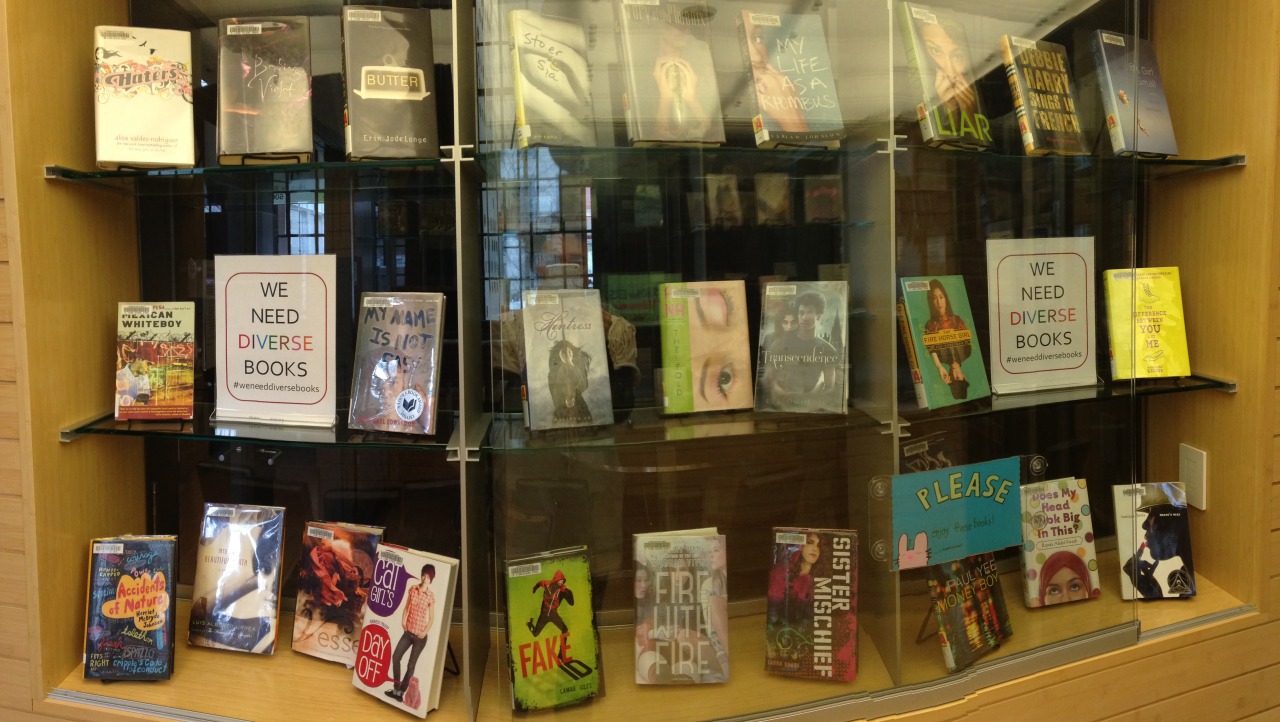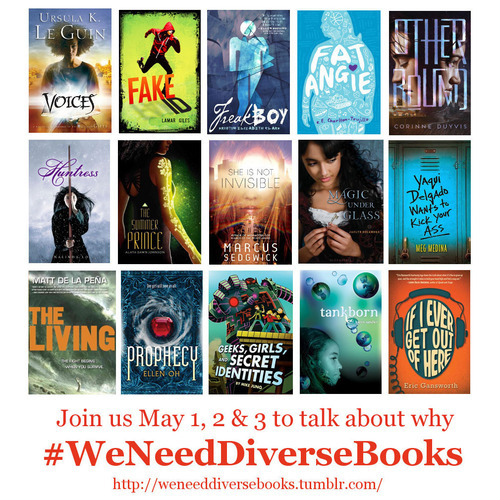On diversity, or, I thought YOU were driving?!
There’s an important conversation about diversity happening in the YA world right now. It keeps getting louder and every time I see new voices join in, I do a little butt-in-chair dance.
So here’s my voice.
I’m a writer and I also have a day job as a program coordinator for grant-funded projects at my university. I received my MA in Women’s Studies and my boss is a sociologist who has spent most of her long career studying race, gender, and society. We are both white and we have committed time and energy to learning how to spot and address the reproduction of oppressions in our society.
Together, we created a seminar series to go along with our PhD training program in interdisciplinary climate science. We ask each of our students to identify and invite “experts in their field” to visit the university and give a talk on their research. The series has been wildly successful and over the course of 5 years, we’ve hosted nearly 60 speakers.
After the first year, we reviewed our list of visitors. And what we found was an impressive list of experts in various fields – all of which were white men. This is important. My boss and I are practiced advocates of diversity and we let this happen. Our enthusiasm for bringing in speakers had outstripped our willingness to pause and consider the bigger picture. Without meaning to, we had presented our students with a vision of scientific authority that was very white and very male.
In other words, hegemony is a habit, and it recreates itself when you aren’t paying attention.
We were horrified and disappointed in ourselves. It was troubling to realize we could be so culpable in repeating a pattern that erases diversity. And there was nothing we could do. The series was over, our speakers had come and gone, and the lack of diversity was immortalized in our annual report. All that was left to us was the future. We pointed out the pattern to our students and with every new group that came through, we encouraged them to actively cultivate diversity in their selections and promised that we would do the same. And you know what? That’s all it took to break the cycle.
Over the next 4 years of the series, we hosted 42 more speakers, 14 of which were women, 9 of which were people of color. Those numbers still aren’t ideal, but they only happened because we made a conscious effort to pay attention to the overarching narrative that was all 5 years of our speaker series.
Diversity is hard precisely because it’s not a habit most of us share. The story we tell about who matters in society won’t rewrite itself. The only way to change the narrative is to pay attention, to speak up when you notice harmful repetition of old patterns, and to adapt when that happens.
It can be devastating to recognize your own culpability in social issues. When it happens, it can feel like you’re one person being blamed for the mistakes of many. That sucks. But I also think it’s exciting. Because it’s in those desperately uncomfortable moments that we are engaged in a world that’s changing. In that sense, being uncomfortable is the only way we get to meaningful change.
***Editing because I’ve found that, as usual, bell hooks said it best:
“Dominator culture has tried to keep us all afraid, to make us choose safety instead of risk, sameness instead of diversity. Moving through that fear, finding out what connects us, reveling in our differences; this is the process that brings us closer, that gives us a world of shared values, of meaningful community.” — bell hooks, Teaching Community



